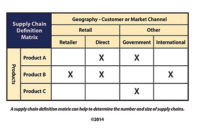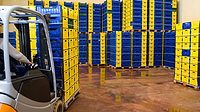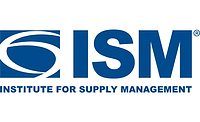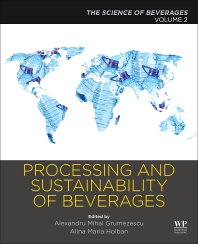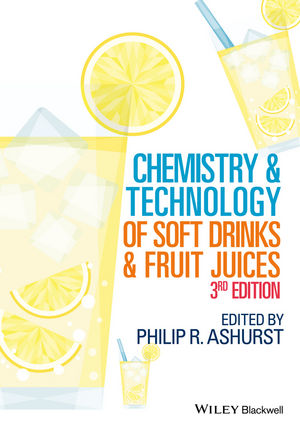SMS technology supports supply chain sustainability
Small-scale farmers utilize technology to communicate throughout supply chain
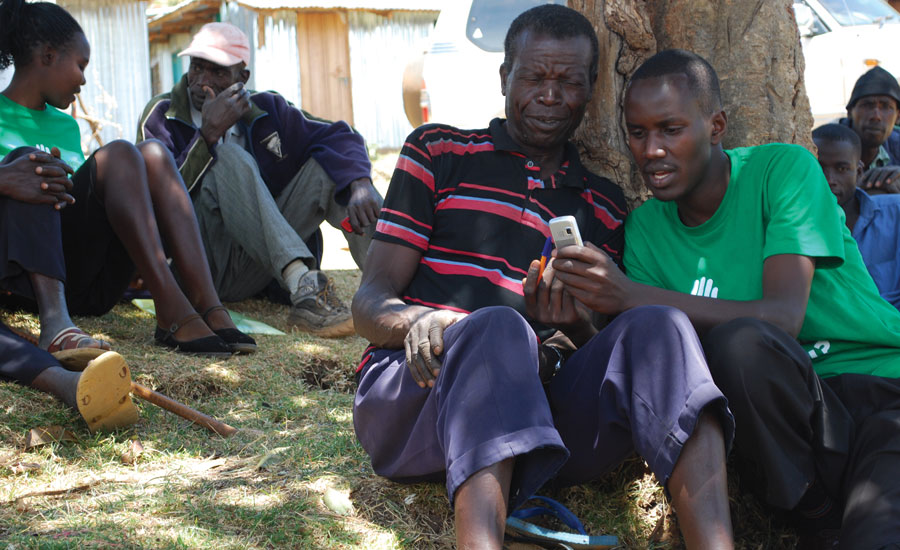
Small-scale farmers are a vital link in global supply chains, producing more than 70 percent of the world’s food. Anyone whose supply chains include smallholder farmers will know that many challenges can emerge in communicating and driving sustainability at a producer level. The majority of smallholder farmers in Africa, Latin America and Asia also live in remote areas, making it difficult to communicate with farmers or gain insight into issues arising at the producer level of a supply chain.
In a world where sustainability increasingly is important to consumers, it is vital that companies increase transparency, sustainability and traceability of their products. To improve sustainability from the producer level, tools are becoming available that allow communication with these farmers.
For example, WeFarm is a peer-to-peer service that enables farmers to share information on agriculture via Short Message Services (SMS), with more than 40,000 small-scale farmers in Africa and Latin America using it. Users can ask questions on agriculture and receive crowd-sourced answers from other farmers around the world in minutes, without having to leave the farm or spend money.
Creating a transparent supply chain
Do you know where your smallholders are located? Or how many are women? Do you know what daily challenges they face? As most smallholders live in rural areas and often are difficult to contact, it can be challenging to have a transparent supply chain and understand what is going on at the farm-level.
Using an SMS-based platform is a viable way to increase transparency at this level. For example, when farmers register on WeFarm, data regarding age, location, gender and farming activity is collected.
The data provided by tools like WeFarm offers companies insights on the role of youth and women in agriculture, and can help map issues that are most relevant to women, enabling businesses to allocate resources to groups of suppliers that need it the most.
Connecting farmers
Although smallholders face many challenges, including climate change, lack of access to finance and high vulnerability to changes in weather, they also have a wealth of knowledge to share. Finding methods to share information is the only truly scalable and sustainable way to build capacity. By sharing agricultural information, farmers can improve crop yield and quality, which, in turn, creates a resilient supply chain and limits negative environmental impact.
These tools allow farmers to help one another as well. It’s important for farmers, as with many other trades, to discuss issues in order to find viable solutions to the challenges affecting their trade. For example, topics like preventing crop disease and sustainable farming practice can be discussed and tips can be traded among farmers who might not otherwise be able to communicate.
Additionally, some programs, like WeFarm, can generate farmer discussions by suggesting users submit tips and knowledge on specific topics. In October 2015, in response to a noted increase in queries relating to El Niño, WeFarm sent out a request for farmers to share their recommendations on how to best prepare for its impact. In 24 hours, more than 600 pieces of information were shared through the platform, including advice.
Although these tools allow communication from farmer to farmer, they also can allow corporate businesses to connect with farmers as well.
For example, in order to improve quality and ensure standards are met, beverage companies can use SMS platforms to raise awareness of key issues such as better water management practices or share sourcing criteria, like which pesticides not to use with isolated rural suppliers.
Whether the information solely is from farmers or farmer-generated content directed by the needs of a business, education can improve the resilience of farmers, improving product quality and increasing supply chain security worldwide.
Actionable insights
Mobile technology tools also can provide greater insights for companies and farmers. For example, WeFarm provides actionable insights for businesses through monthly reports. In October, the company reported that the top three concerns voiced regarding tea were clone varieties and types of tea bush to plant, the correct spacing of tea bushes, and fertilization. From the information provided by these tools, existing training programs can be adjusted to align with the real needs of farmers, and training can be supported after it has been delivered with SMS tips to farmers.
The rapid increase in mobile technology has created huge opportunities for corporate businesses to engage with smallholder farmers and create a supply chain that is truly transparent and sustainable from producer level up. Data and technology undoubtedly are transforming the retail industry — in more ways than one.
Looking for a reprint of this article?
From high-res PDFs to custom plaques, order your copy today!




